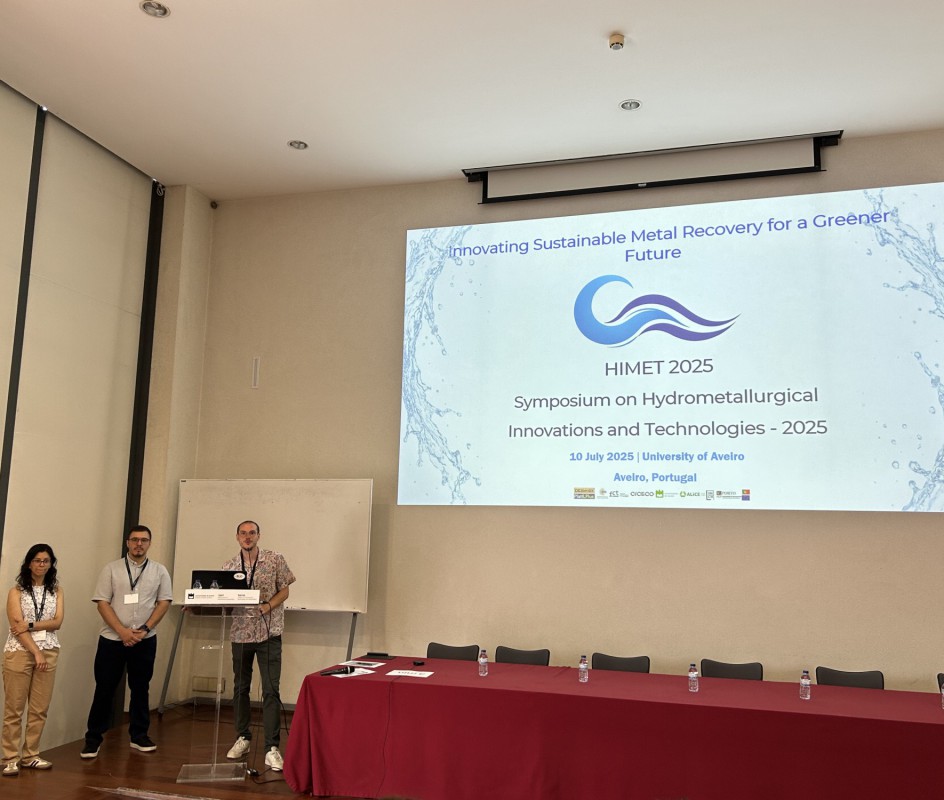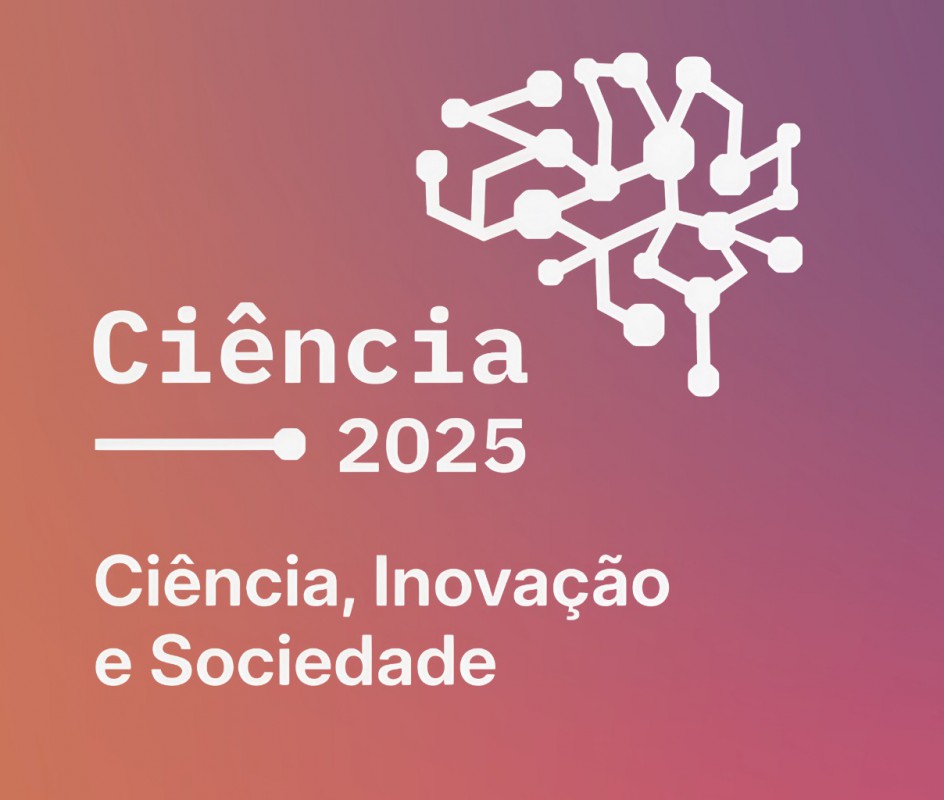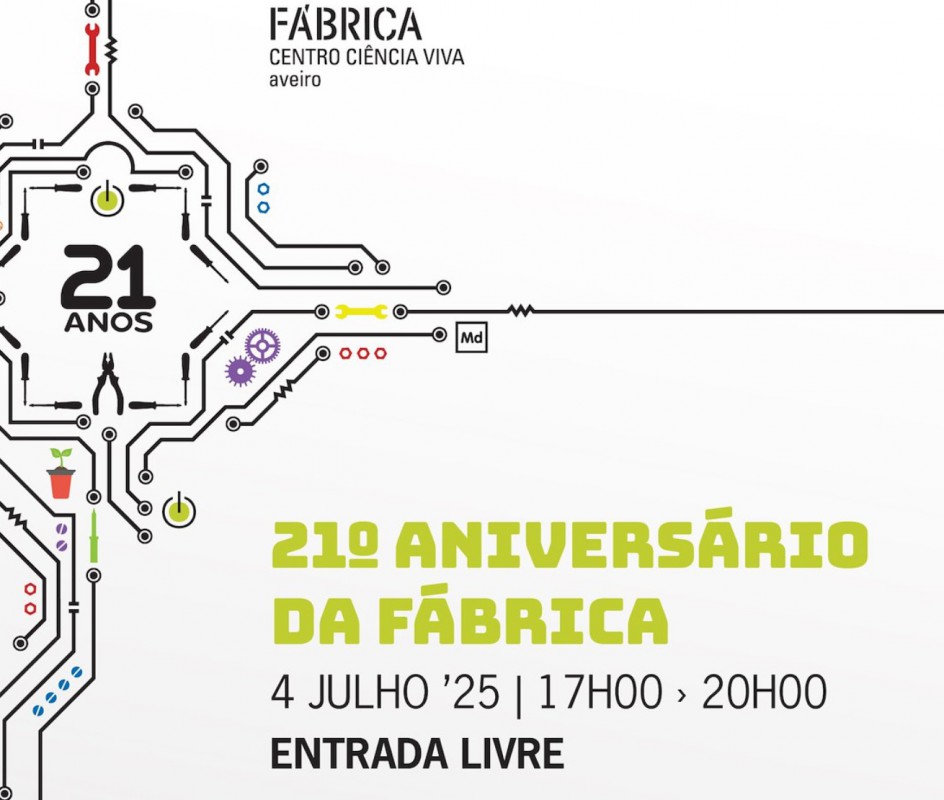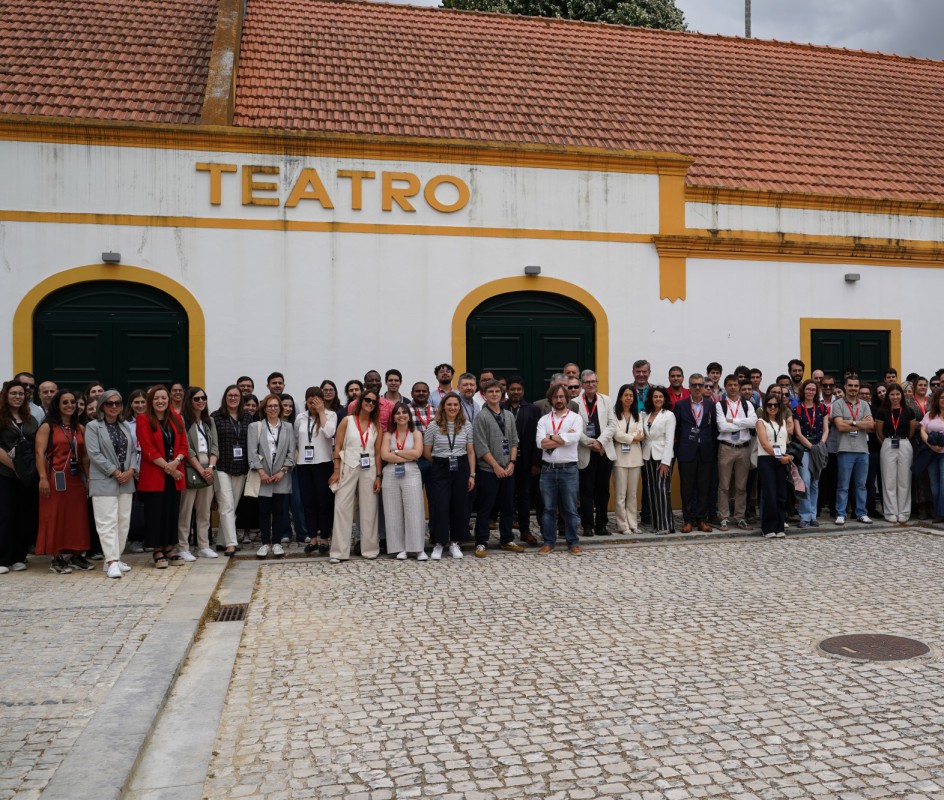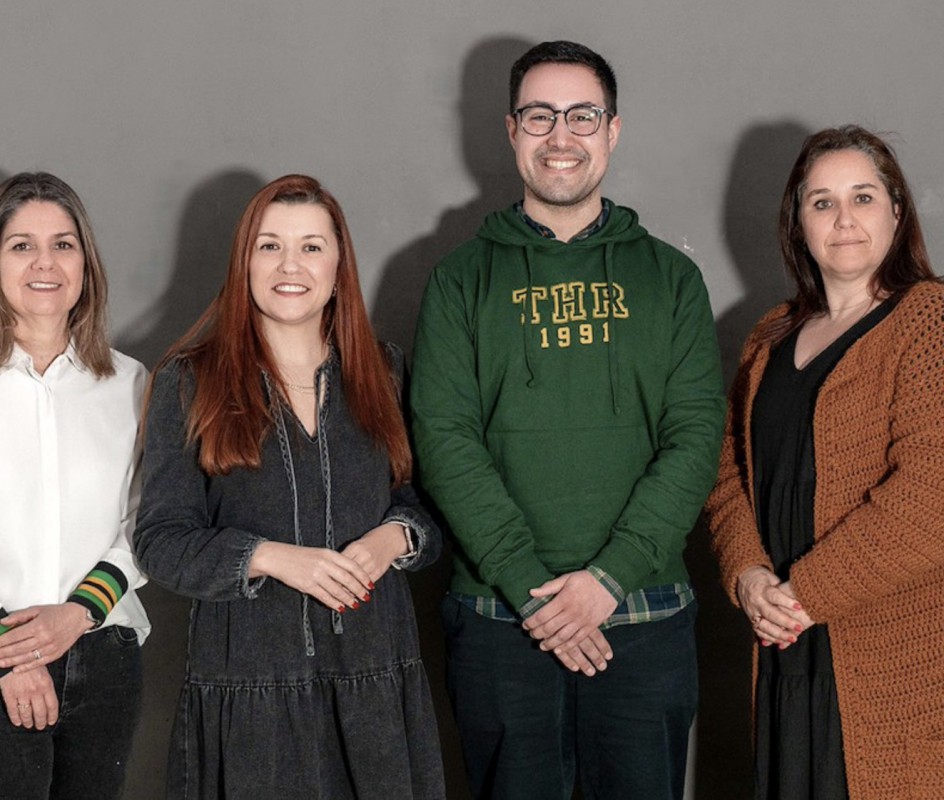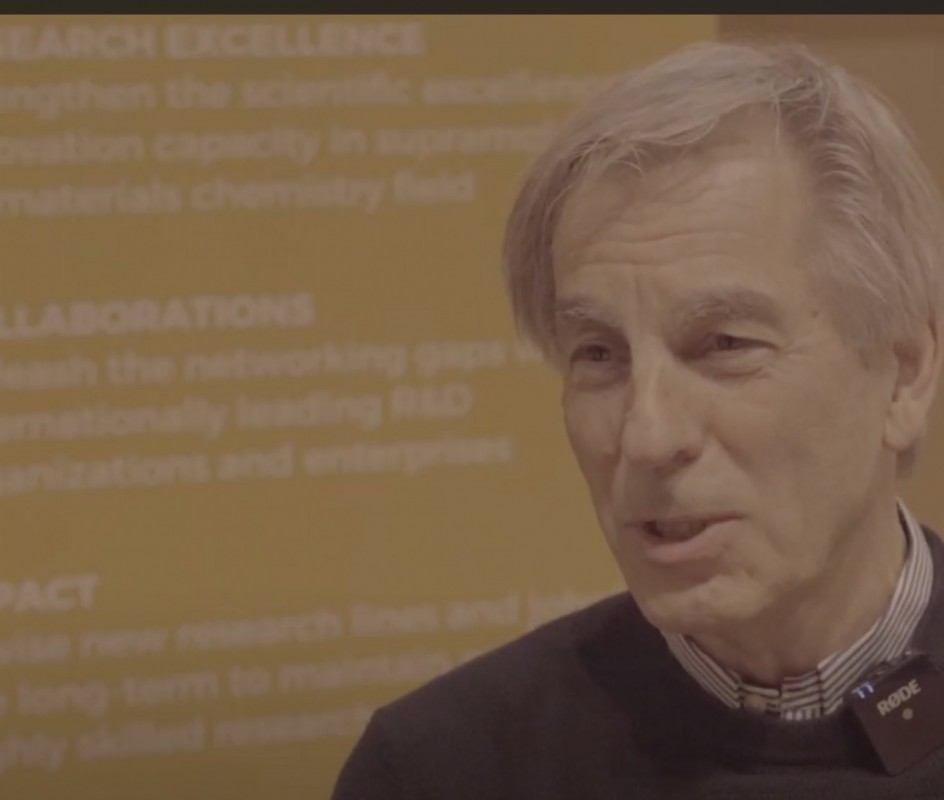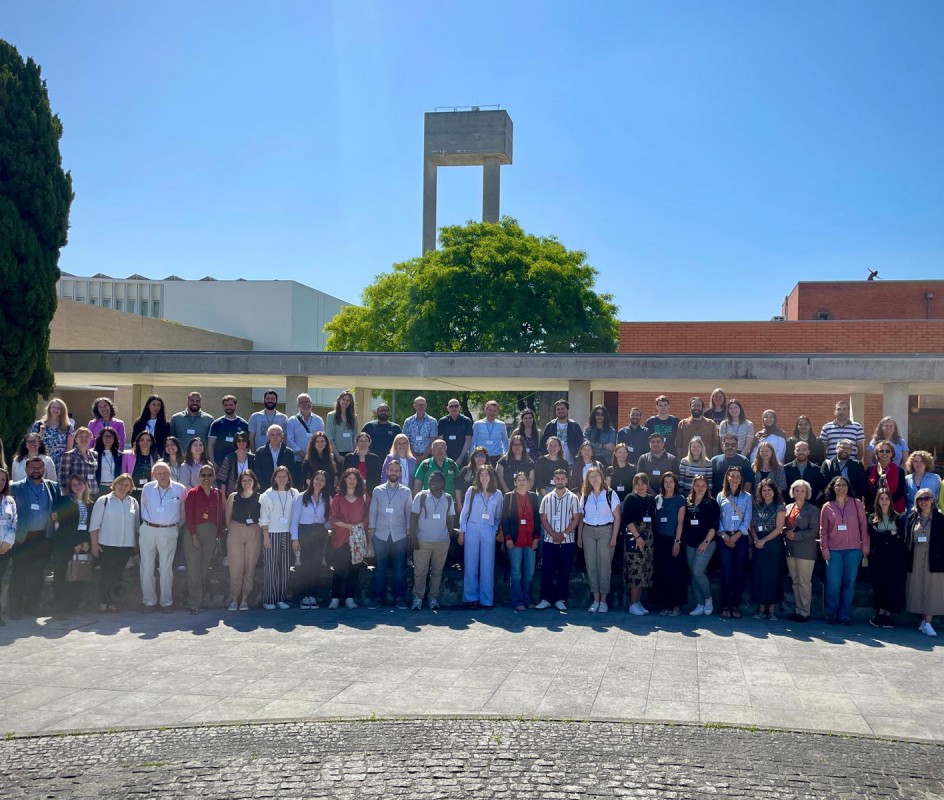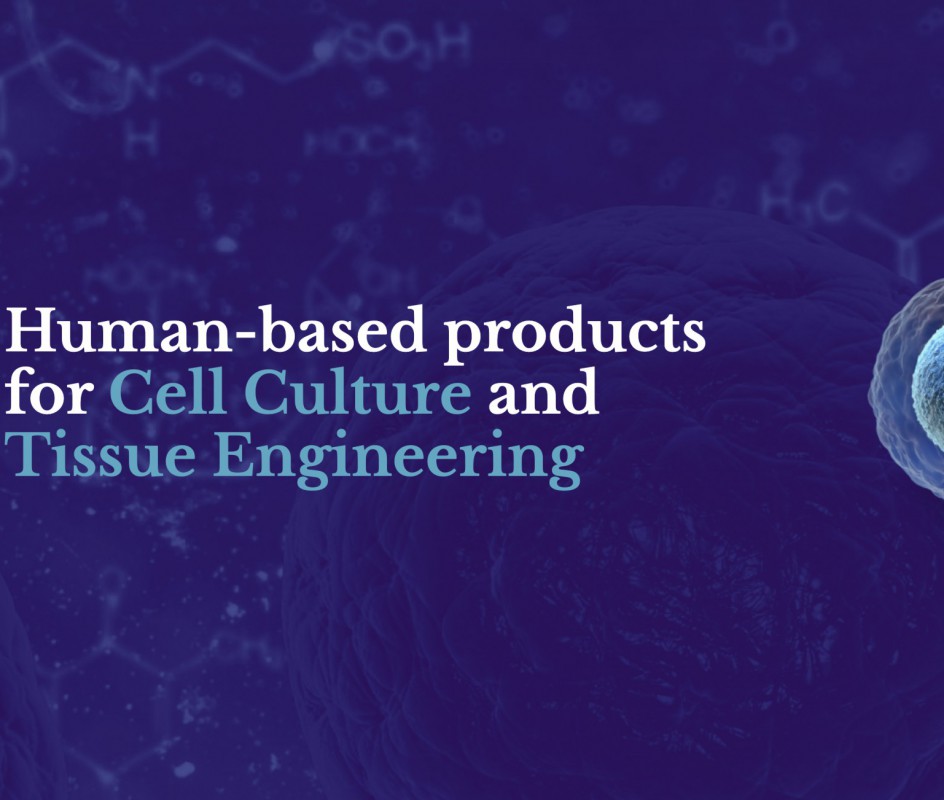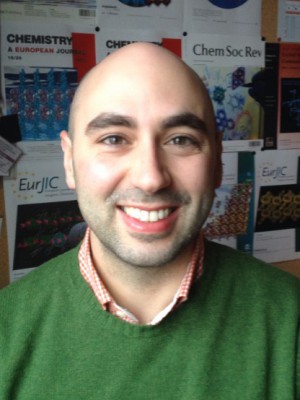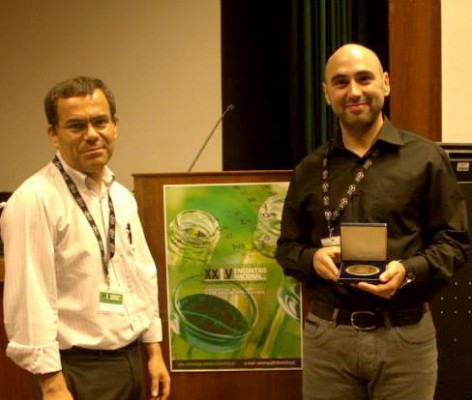
Filipe Almeida Paz, CICECO researcher and member of the Chemistry Department, University of Aveiro (UA), was awarded with the Vicente Seabra Medal attributed by Portuguese Chemical Society. This distinction recognizes the scientific activity and independence of the young researcher who has achieved over the last decade important contributions in the field of Metal-Organic Frameworks and the use of X-ray Crystallography.
"It was with great surprise, but also with much rejoicing, that I knew about this recognition by the Portuguese Chemical Society for the work that I have been developing the UA over the last decade," welcomes Filipe Paz. "This medal has a very special flavor for me, coming from the Portuguese Chemical Society turns out to be a reflection of what our peers think about our scientific activity and, personally, I think we must recognize above all what we do well within our borders, and that it is a lot".
The researcher adds: "I share this medal with a very large number of people, from colleagues to students and technicians. The scientific work, especially the international recognition, is nowadays essentially collaborative. I have had the great fortune of being surrounded by great scientists at the Department of Chemistry and CICECO who help me daily when trying to break the last barrier. "
In the last decade, Filipe Almeida Paz created a research group working on various issues related with the preparation of crystalline hybrid materials based on coordination chemistry. The researcher says: "is a fabulous research area because we can join in the same material properties from both inorganic compounds and organic compounds, and often their combination enables new features. We have been exploring the areas of photoluminescence, catalysis and even adsorption and gas separation, much in collaboration with other CICECO and QOPNA researchers. Right now we are entering a new world related to the proton conductivity. "
What about the future? Filipe Paz states that his great personal goal and the group he leads is to aim for a knowledge transposition of these materials for the manufacture of devices: while the overwhelming majority of MOFs reported in the literature have a limited robustness, which prevents often its application in real situations. Our materials are much more robust, both thermally and mechanically, because we are using phosphonate groups to coordinate metal with oxidation states greater than or equal to three. We can explore typical industrial applications that require, for example, high temperatures of operation and use. "
Related Articles
We use cookies for marketing activities and to offer you a better experience. By clicking “Accept Cookies” you agree with our cookie policy. Read about how we use cookies by clicking "Privacy and Cookie Policy".


